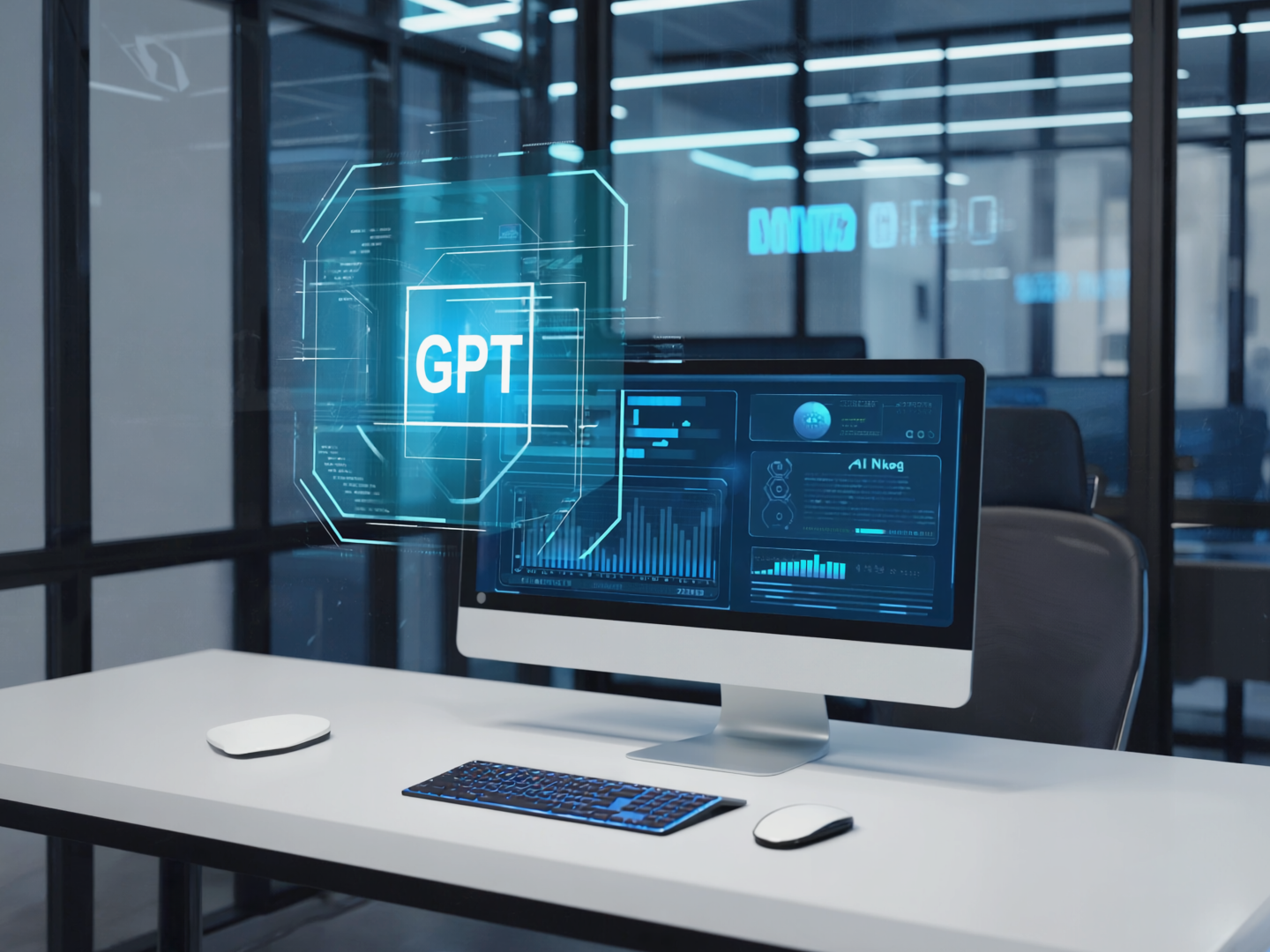
LLM Book Repository Milestone
LLM Book Repository Milestone: A Leap in Digital Knowledge Sharing
Introduction
In the ever-evolving world of digital learning and technology, the concept of a "book repository" has taken on new dimensions. The LLM (Large Language Model) Book Repository Milestone marks a significant advancement in how knowledge is stored, accessed, and utilized by individuals and organizations alike. With the increasing reliance on digital resources and the growing need for efficient knowledge sharing, the LLM Book Repository stands as a beacon of innovation, offering an unprecedented platform for information dissemination. This article explores the significance of this milestone, its impact on the industry, and its potential future implications.

Key Points and Analysis
The LLM Book Repository Milestone can be viewed through multiple lenses, each highlighting its unique contributions to digital knowledge management:
1. Integration with Advanced Technologies
The repository leverages cutting-edge technologies such as machine learning and artificial intelligence to enhance the user experience. By integrating with platforms like Quarto, the repository allows users to seamlessly convert data from Jupyter Notebooks into various formats like PDFs, HTML pages, and presentations. This integration not only simplifies the process of creating professional reports but also ensures that complex data is accessible and understandable.
2. Enhanced Accessibility and Usability
A key feature of the LLM Book Repository is its focus on accessibility. Users can easily upload, search, and download books and related materials. The user-friendly interface and powerful search capabilities make it simple for both novices and experts to find the resources they need quickly.
3. Scalability and Flexibility
Designed to cater to a wide range of users, from individual learners to large organizations, the repository is highly scalable. It supports various formats and can handle vast amounts of data, ensuring that it remains a reliable resource as the volume of digital content continues to grow.
4. Community and Collaboration
At its core, the repository fosters a sense of community among users. By enabling collaborative features such as shared annotations and discussions, it encourages the exchange of ideas and promotes collective learning.
Industry Impact and Applications
The impact of the LLM Book Repository on the industry is profound. Educational institutions, corporate training programs, and research organizations are just a few of the entities that stand to benefit from its capabilities. For example, universities can use the repository to provide students with access to a wide array of textbooks and reference materials, all within a single platform. Corporate trainers can design and distribute tailored learning modules that employees can access at their convenience, enhancing workplace learning and development.
Moreover, the repository's ability to generate different formats from Jupyter Notebooks can revolutionize how data analytics and insights are shared within organizations. As illustrated by the use of Quarto, analysts can transform complex data analyses into polished, professional reports with minimal effort, facilitating better decision-making processes.
Future Implications
Looking ahead, the LLM Book Repository is poised to play an even more significant role in the digital knowledge landscape. The potential integration with emerging technologies such as virtual and augmented reality could provide users with immersive learning experiences. Additionally, as artificial intelligence continues to advance, the repository could offer personalized learning paths, recommending resources based on individual user preferences and learning styles.
Furthermore, the repository's emphasis on community and collaboration could lead to the development of global networks of learners and experts, fostering a culture of continuous learning and innovation.

Conclusion
The LLM Book Repository Milestone represents a pivotal moment in the digital transformation of knowledge sharing. By combining advanced technologies with user-centric design, the repository not only enhances accessibility to information but also empowers users to apply that knowledge in meaningful ways. As it continues to evolve, the LLM Book Repository will undoubtedly shape the future of learning and information management, opening new avenues for exploration and discovery in the digital age.
aecenas sollicitudin purus id leo vehicula lacinia quam vulputate dapibus fermentum metus, nec euismod nulla dapibus nasac metus nunc rabitur euntum




